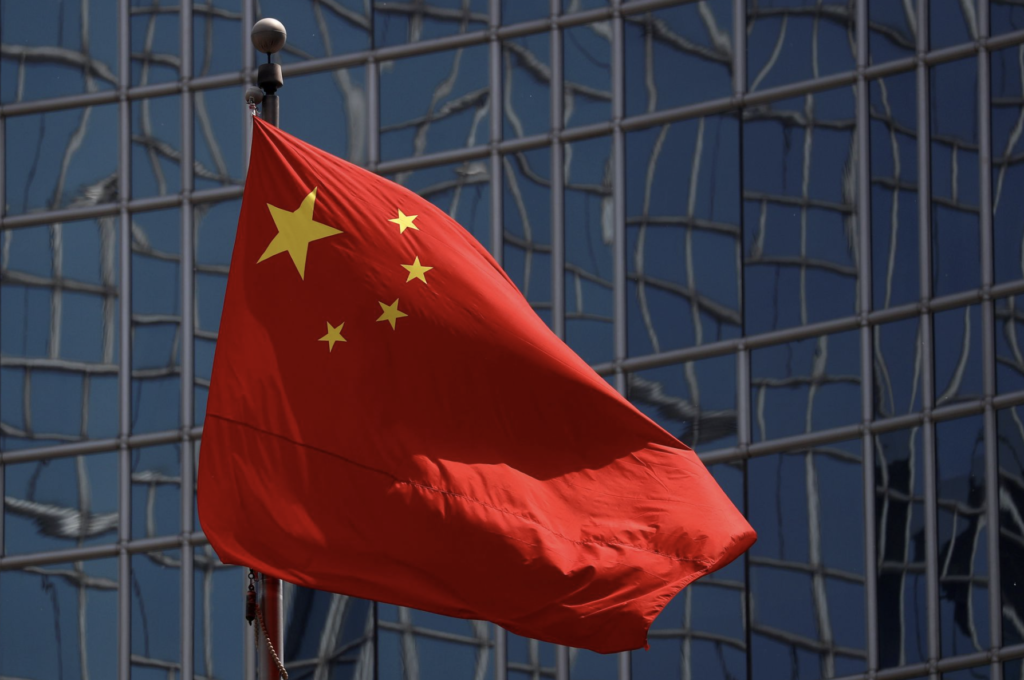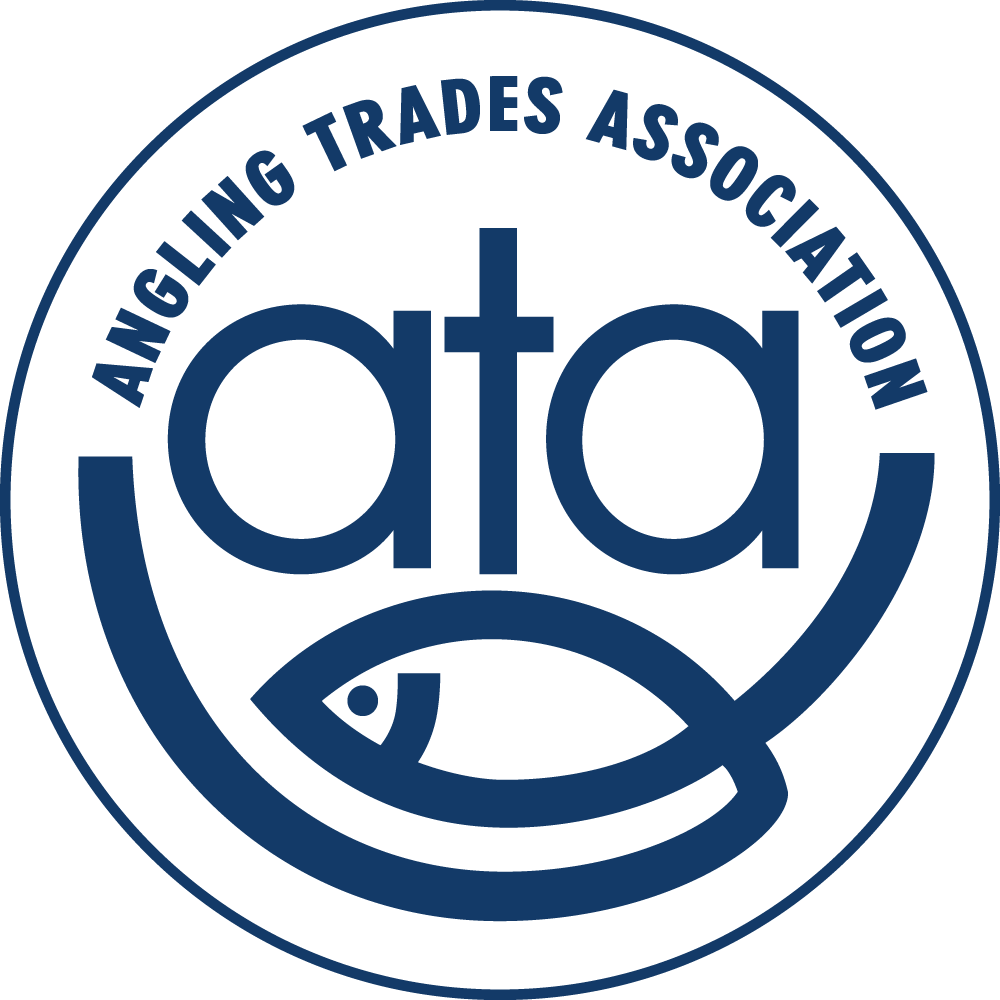
China, having relaxed Covid restrictions on December 8th, is in the first phase of a massive wave of disease which can only have negative effects on its potential to manufacture and deliver stock into the European theatre.
During the Chinese policy of complete lockdown we saw direct impacts on shipments and suffered a rollercoaster ride regards stock availability, which led to market and price instability.
The projections for Covid marching through the Chinese population are not encouraging; 280 million people directly affected by March 2023 and perhaps a million deaths by then with the problem set to continue throughout the year.
Western economies, so heavily dependent on Chinese supplies into various markets, including the tackle trade, can only be negatively affected by this latest development. Delivery cycles and likely delays in production are expected as factories are again forced to close at levels not seen before Covid, and close on the heels of the disruption our supply chains suffered in 2020.
What can or should we now be doing to insulate our economy, as much as possible, from the negative impacts we are about to experience? Probably not a lot in the short term, as the whole world looks for alternative suppliers and manufacturing solutions, most likely all across the far east. The widely held view is that Covid and its effects are not going to diminish time soon and we should expect to see a changing pattern of disease over the coming years. The key long-term strategy then has to be to bring that production we have placed in China and the Far East back home, suffer the increased costs but have more certainty of supply.
China itself is living in a closed world where truth is unknown, claiming there have been only nine deaths in Beijing yet satellite images shows the smokestacks of crematoria across the country billowing as hearses queue outside and body bags build up in metal storage containers. This is not a problem about to happen, this is a problem that is happening now and will directly affect the country’s ability to produce and ship the orders we have with it.
Ports are closing today because of the impacts of the diseases, as are factories and every part of the Chinese economy will be affected. This will have huge and potentially devastating effects on the world economy, not just the supply of tackle. The economies already seeing slowing demand because of the impacts of the Ukraine war, will now have the added impact of lack of Chinese supply and that lack of supply will slow down every economy and market which is dependent on it. The effects on the world economy will be massive and we should expect to see a continuing and faster decline in demand for goods that are not a requirement of life. That is likely to mean fishing tackle in those countries where fishing is not a significant part of the food chain.
Once western consumers realise the possible negative affects of the situation, we could see panic in normally stable markets in the chase to acquire goods for store against possible shortages later.
I don’t know the details of your supply chains, but someone who understands them needs to be thinking now about alternative sources and modifying order levels. There will be a lot of comment in the next few weeks in the financial pages and those who manage their way through the problem will be the stronger for it when markets and supply lines start to recover.
Airfinity, a British data company, is predicting that Beijing and Guangdong, China’s main manufacturing hub, will see the first surge of infection. Two infection peaks are predicted in early January on the 13th and on March 3rd.
Bloomberg is reporting that perhaps 248 million people contracted the disease in the first twenty days of December. That is one fifth of the Chinese population. Imagine the impact on your business if one in five employees could not report for work tomorrow.
Chinese factories are already contracting production and it is not only factories facing the problem; every part of the supply chain, internal transport, communications, lorry drivers, loading teams, docks, shipping agents and crews on transport vessels will all be affected by this new Covid problem in China, so even if your product is manufactured it might sit in transit in China for months. Transport problems will not just be in getting products out of China but will directly affect the supply of components onto China, a double whammy.
Shipping agents are reporting that 90pc of Chinese staff were unwell midweek. Already some factory cities are being forced to close down because of component shortages, caused by the breakdown of infrastructures in component supply lines.
Predicting the end is impossible because China has not used any of the advanced vaccines developed in the West and is unlikely to seek our help.
Whatever happens, 2023 is going to be another difficult year and we all need to be fleet of foot to come out of it well.
